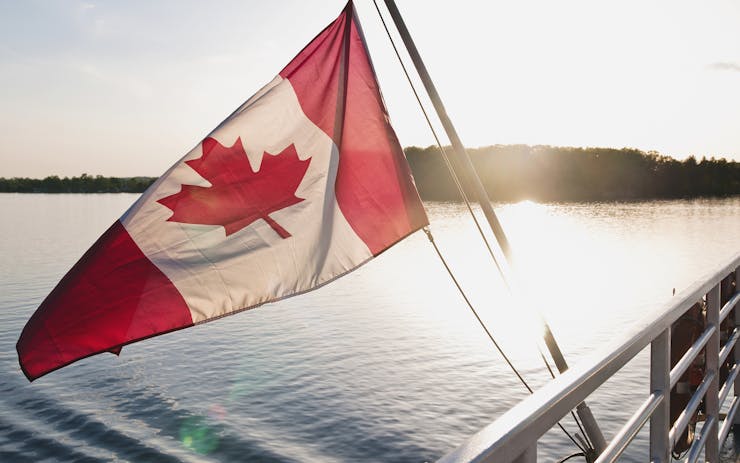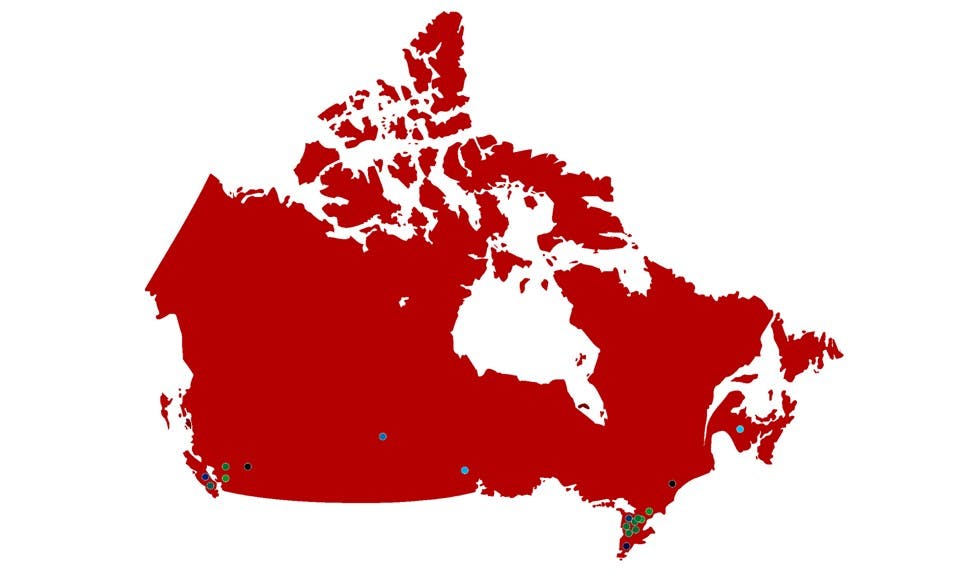Leaders of Canada’s Task Force on Marijuana Legalization and Regulation released their long-awaited recommendations on Tuesday morning. “Now is the time to move” away from prohibition and adopt a system of federally legal, regulated cannabis, Task Force Chair Anne McLellan declared. Canada should move to “create a viable legal market, to replace the entrenched illicit market that exists in Canada today,” she added.
Legalization was a highly publicized campaign promise of Prime Minister Justin Trudeau’s, but there’s been little actual movement on the issue since his October, 2015, election. The Task Force, appointed by Trudeau’s government in June, has spent five months studying the issue. Their report is seen as a blueprint for legislation Trudeau is expected to introduce and champion in the spring of 2017.
Highlights of the Task Force’s 80-plus recommendations include:
- Active movement toward regulated legalization immediately. Nothing in the report suggests a delay based on the need for more evidence or consideration. “People are coming to the conclusion that the prohibitory regime that has existed is not working,” said McLellan.
- Full federal and provincial legalization, with regulations implemented and enforced by provincial governments.
- A legal purchasing age of 18.
- Regulating cannabis with a public health approach, not a criminal approach.
- Establishing a uniquely Canadian system. “While there are important lessons to be learned from Colorado and Washington,” McLellan said, “designing and implementing a Canadian system is a unique undertaking.”
- The Task Force did not recommend adopting a per se limit for impaired driving. “The science is not there” in terms of what THC blood level absolutely proves impairment, McLellan said.
- Certain activities should remain illegal, including producing cannabis outside the regulated system, and providing cannabis to minors.
- A diversity of cannabis producers is a desirable thing, and the government should offer a path into legality for those currently producing outside the legal system.
- The Task Force did not address the issue of amnesty for individuals already convicted of cannabis crimes, as that was not part of their mandate. “That would be up to the Minister of Justice,” McLellan said.
- Current laws and penalties should be upheld. “We are a country that operates under the rule of law,” McLellan said. “Until the law changes, people should be aware of what the law is, and the law should be enforced. As a lawyer, and as a former Minister of Justice, I could not advocate that anyone disobey the law.”
Members of the Task Force traveled to Colorado, Washington state, and Uruguay, to meet with government officials and learn from their experience with legalization. They also heard from more than 30,000 Canadians and met with government officials, patients, advocates, and opponents of legalization across the country.






